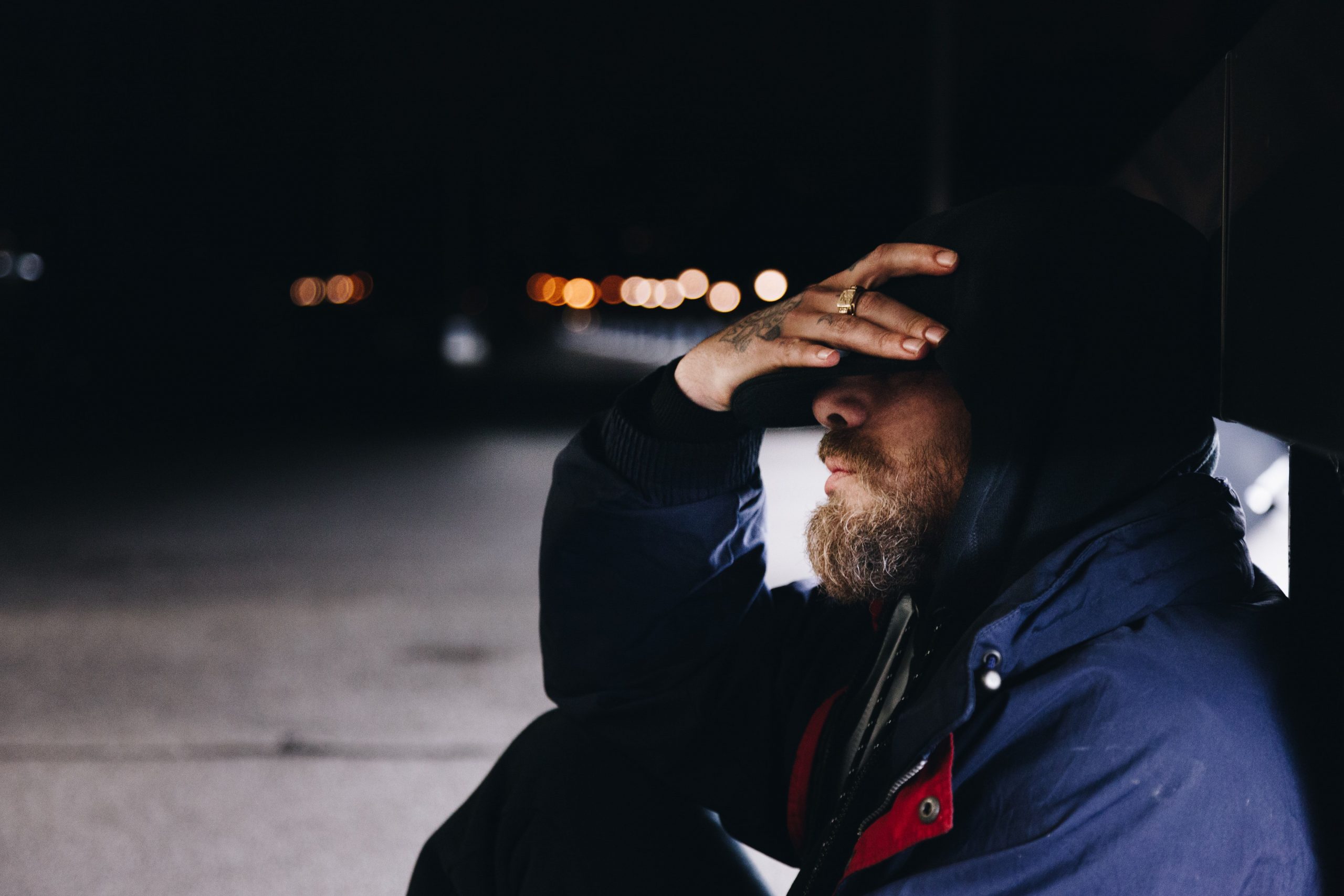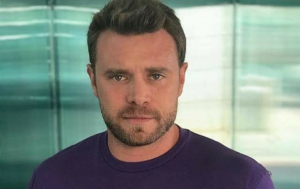Experts say that the inability to mourn with family members or cope with grief alone due to COVID constraints has resulted in an increase in cases of depression, anxiety, insomnia, and other mental health disorders among people in Delhi who have been directly or indirectly affected by the pandemic.
According to sources, several hospitals and clinics in the national capital are reporting an increase in the number of patients complaining of psychological ailments caused by post-traumatic stress.
The city of Delhi had been hit by a brutal second wave of the pandemic, which claimed a large number of lives on a daily basis, with an oxygen supply shortage at various hospitals worsening the problem.
Also Read | India has a window of 6-8 months before third COVID wave: ICMR official
Hospital
premises and crematoriums had witnessed distressful scenes, with grieving
family members, many in full PPE kits, trying to come to terms with the loss of
their loved ones.
Medical
experts in Delhi concurred that the family members were unable to grieve
together after losing their dear ones to COVID due to safety constraints and
social distancing norms.
The
second wave, in many cases, saw the whole family testing positive for
coronavirus, and even after death, they couldn’t conduct last rites, leading to
sedimentation of grief inside that triggers mental health disorders, they said.
In
several cases, even though there were no fatalities in the families, many
people lost their friends, acquaintances or someone they knew closely, or they
survived with great difficulty, adding to their mental stress, doctors said on
Sunday which coincided with the PTSD (Post-traumatic Stress Disorder) Awareness
Day.
Also Read | Stricter screening considered for Tokyo Olympics arrivals
“Sadness,
isolation, grief of fear of losing loved ones, loss of income and decreasing
socialisation are exacerbating mental health conditions. OPD footfall has
increased by 30-40 per cent since the surge in cases,” said Manish Jain,
consultant, psychiatry department at BLK Hospital here.
People
with pre-existing mental health issues are also more vulnerable to substance
and impulsive behaviours during a pandemic. Restriction in lifestyles and fear
of COVID-19, both have started taking a toll on their mental health, he said.
Dr
Sameer Malhotra, director and head, department of mental health and behavioral
sciences, Max Super Speciality Hospital, Saket said, “There’s a definite
rise in the cases of anxiety and depression seen across the population during
the COVID-19 pandemic”.
Whereas
there has been significantly high numbers registered after the second wave, the
hospital have seen many people coming to terms with grief after having lost their
family members, and suffered depression and significant anxiety due to it, he
said.
But,
people are looking for relief from such mental disorders through not just
allopathy but homeopathy too.
Doctors
at Delhi’s Dr Kalyan Banerjee’s Clinic, which sees rush even on regular days,
are witnessing a significant rise in patients reporting with psychological and
mental health conditions.
Also Read | Rajasthan’s first Delta+ variant case was vaccinated
The
clinic has seen a 40 per cent spike in the number of patients complaining of
symptoms related to mental health. About 2,500 prescriptions every month, as
opposed to 1,750 prescriptions per month in the pre-pandemic era, are being
given to manage symptoms like anxiety, depression, panic attacks, insomnia, and
other related symptoms, doctors said.
Patients
of mental health disorders whose condition had improved to the extent that it
required no medicines, have begun to experience relapses, they said.
Patients
who had never experienced any mental health issues in the past are also coming
to the clinic complaining of vague, but significant symptoms like a feeling of
being tired all the time, inability to fall asleep, lack of appetite,
irritability, inability to focus on work and other issues, said experts at the
clinic, founded by Padma Shri Dr Kalyan Banerjee.
Many
of these patients have been directly affected by COVID-19, where they or
someone close contracted the infection, or they knew someone who has passed
away due to coronavirus, doctors said.
Also Read | First post-COVID ship from US sails away with 99% vaccinated passengers
“India
along with most countries in the world, has seen a spike in mental health cases
during this pandemic. A section of the patients are turning to homeopathy
because they are uncomfortable taking psychiatric medicines which may be
difficult to give up,” Banerjee said.
Patients
who are personally or professionally unaffected by the disease or by the
lockdown, are also not being spared. The most important aspect in these cases
are the physical presence of friends and loved ones, but due to COVID norms,
people unable to get together or channelise grief, the doctor said.
Some
other reasons that could trigger such disorders include fear of long-term
effects of COVID-19 and the pervasive negativity around us today, he added.
Also Read | Sajid Javid takes over as UK’s new Health Minister after Matt Hancock resigns
Dr
Kushal Banerjee, senior homeopath at the clinic said, “A major cause
behind the rise in numbers of patients experiencing psychological distress and
post-traumatic stress is that our mechanisms for coping with irreplaceable loss
are either failing or not being allowed to kick in due to restrictions on our
movements, activities, and interactions. This in turn has made it imperative
that they seek professional help and guidance.”







